Born in Seoul, South Korea • Birth year 1993 • Studied Mathematics at Postech in South Korea • Highest Degree PhD in Mathematics from University of Oxford, UK • Lives in Oxford, UK • Currently a postdoctoral researcher in mathematics at the University of Oxford; soon to start a postdoctoral researcher position in Queen Mary University of London
I am a mathematician working on geometric data analysis, and I am a transgender woman. The interaction of mathematics and gender in my life is non-trivial, and I thought seriously about this for the first time while writing this piece. While my gender identity slowly crystallised over my life, it was only 4 years ago that I declared myself as transgender. Mathematics has been at the centre of my life for a long time, and I mostly regarded it as a genderless activity. However, I’ve recently started recognising the effects of male socialisation in my mathematical practice, and started exploring how my femininity could interact with my mathematical practice.
In the end I got a PhD in mathematics in Oxford, but the voices whispering “I am not enough” never stopped.
I grew up in a fairly typical “Asian male math nerd” culture, although it was one of those turbo-charged versions appearing in science high schools and Olympiads. Born in South Korea, I went to an international boarding school when I was 13, and moved alone to Singapore when I was 15 to attend a prestigious science high school. That was not enough for me, because I constantly complained that this school wasn’t teaching me enough advanced mathematics. In the end I got a PhD in mathematics in Oxford, but the voices whispering “I am not enough” never stopped. I attribute this to the nerd-machismo in male STEM culture, coupled with the distinct Asian workaholism. I could not settle for anything that may actually give comfort and nurture, for once.
With the help of my transgender boyfriend, I reflect that it’s time to stop and look back. I have done enough to show that I am worthy of love. It doesn’t have to be a constant screaming and scaling a higher mountain. I look back at my love of shapes and structures, and I look back at the delicate theorems and programs I sculpted over the course of my mathematical life. I say: I love all of you, and I will care for all of you, because you are a dear part of me. And I do this with a form of feminine, motherly love.
(…) I sense a harsh masculinity in how many scholars think of mathematics.
The heart and soul of mathematics lie in the expanse of the fluid framework of ideas created by people. Important theories are supported by soft intuitions, and the network of deep thinkers brings gradual yet certain progress to mathematics. I sense much femininity in this smoothness of ideas. On the contrary, I sense a harsh masculinity in how many scholars think of mathematics. While learning pure mathematics, there was a persistent self-loathing along the lines of: “You will never dream of staying in academia if you can’t even finish Hartshorne’s Algebraic Geometry.” There’s always a higher tower to climb, and a grander theorem to learn. It reminds me of phallic architectures that trace the city skylines. Mathematics is also often made into a sterilised toolbox that is wiped clean of blood and sweat in the creative process. I performed this sterilisation in writing my doctoral thesis, where the anxiety and obsession in my contrarian approach to geometric data analysis were sanitised before I presented them cleanly in theorems and algorithms. This is good in some sense, but there is a lingering unexplored emotional dimension that could have been shared more deeply with other mathematicians.
So here onwards, I dream of cultivating a more feminine mathematical culture. Partly, that means to be honest with all sorts of emotions that arise from mathematical practice. Even though I see mathematics itself as a genderless activity, the gendered culture brought by mathematicians is real. I dream that mathematicians will someday open up more of our human, emotional elements into research papers and talks. To play my part, I will start to look deeply into my colleagues’ mathematical practices to share our woes, obsessions, hopes and dreams. As I rise higher in the rank, I will have more chances to usher in the strength in emotional openness in supervision, papers, and seminars. Someday we will be climbing the celestial mountains of abstraction as a team, not in the misguided spirit of nerd machismo, but rather in the spirit of nurturing yet powerful femininity.

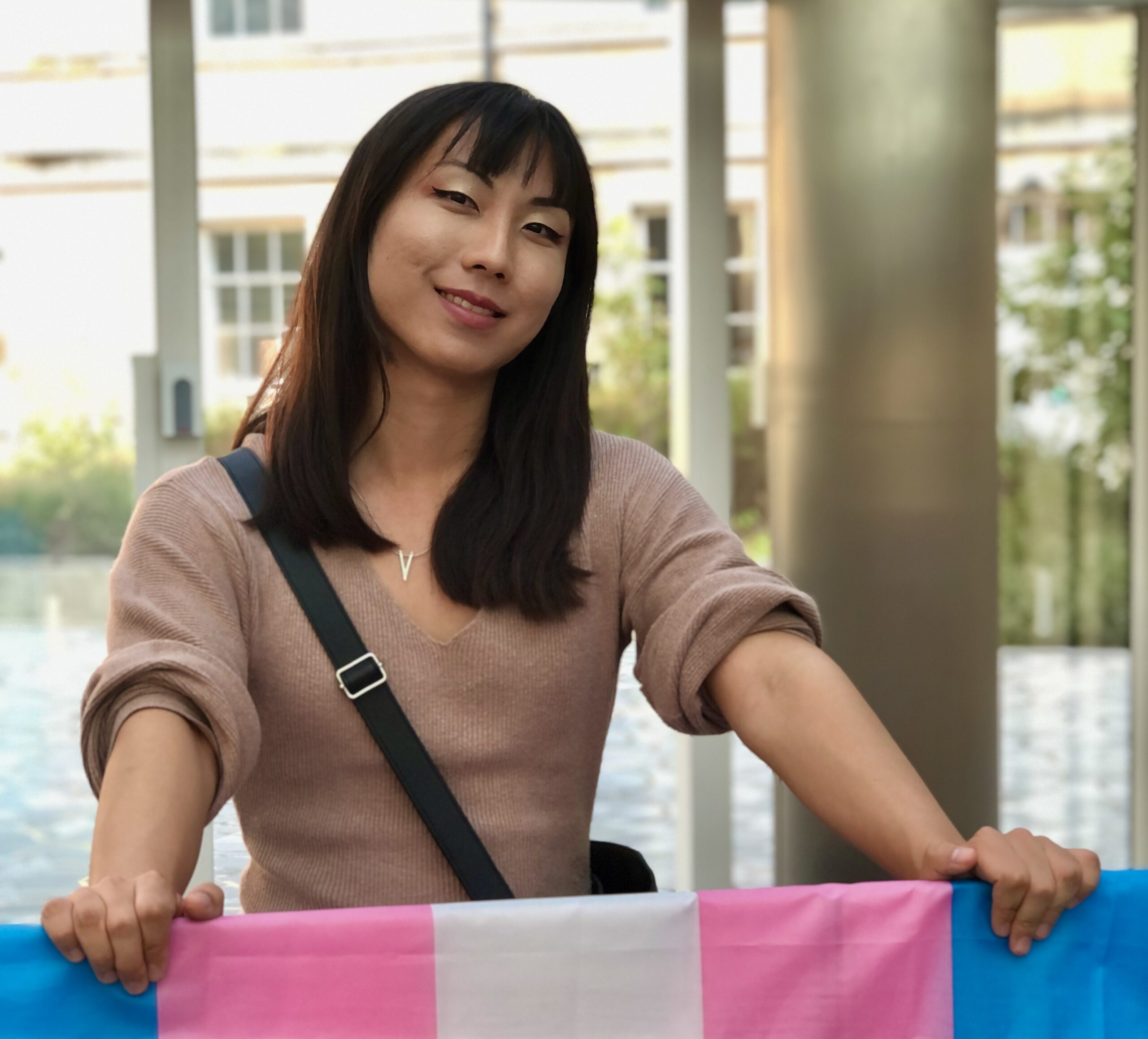

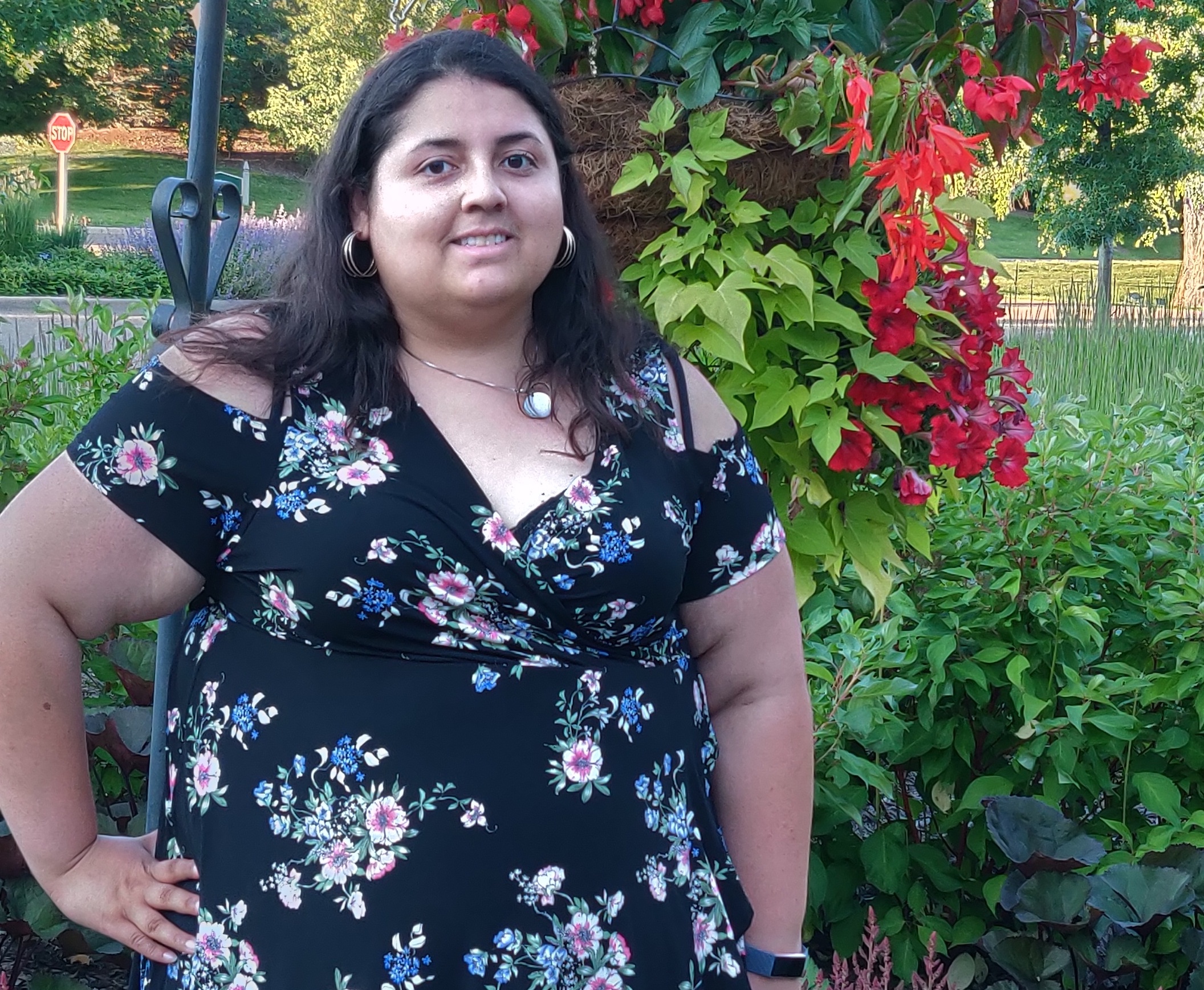

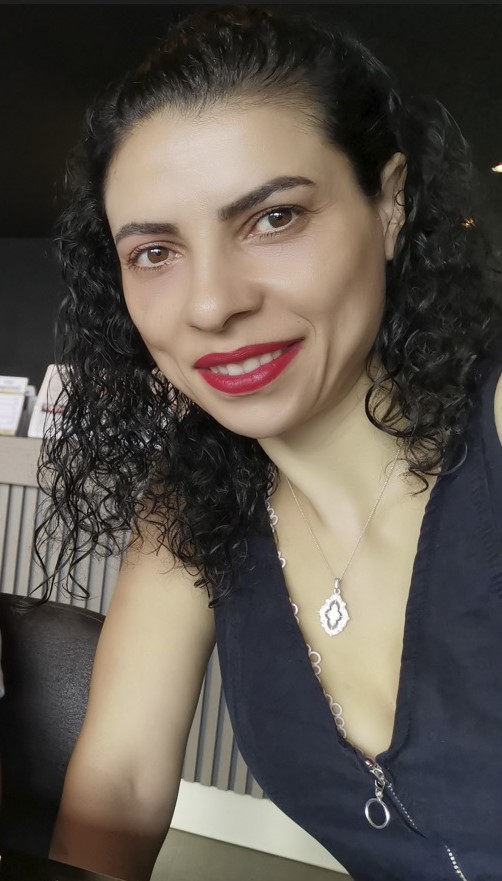
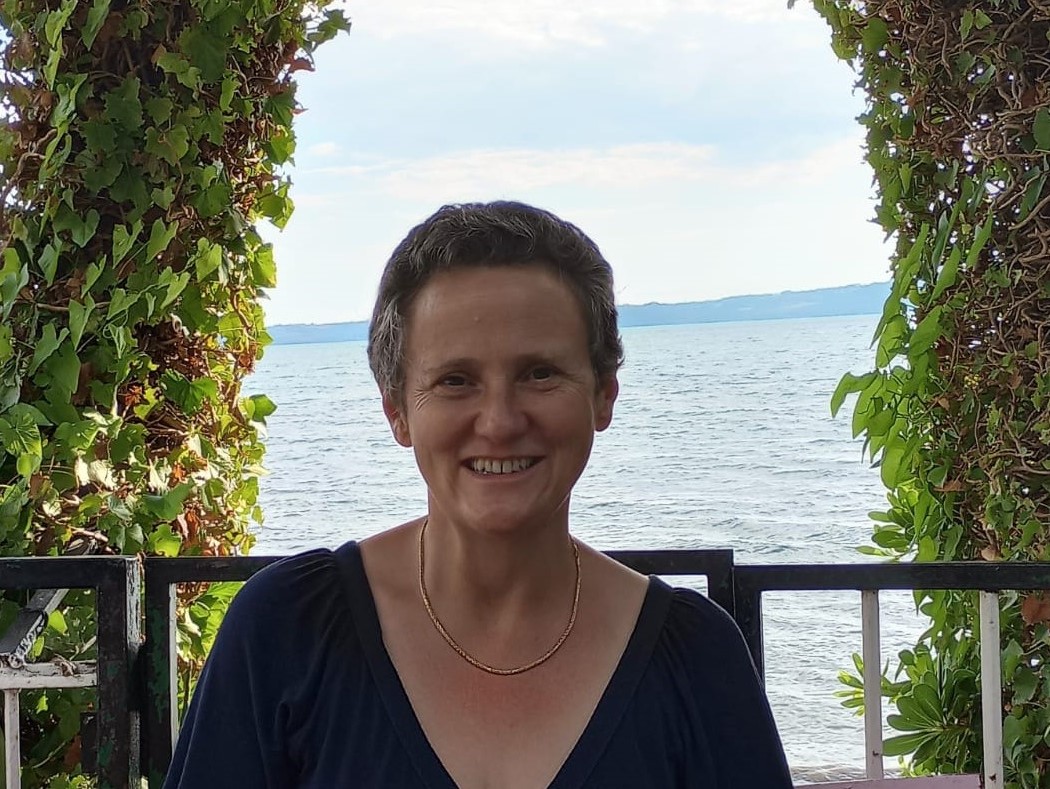
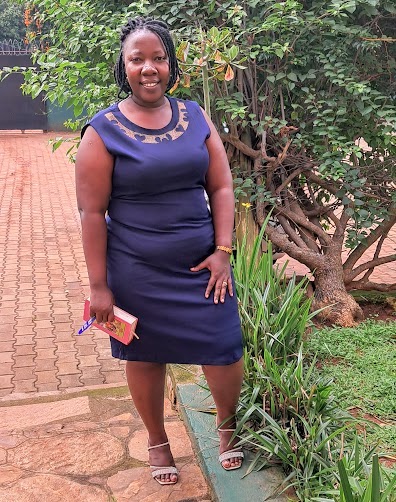
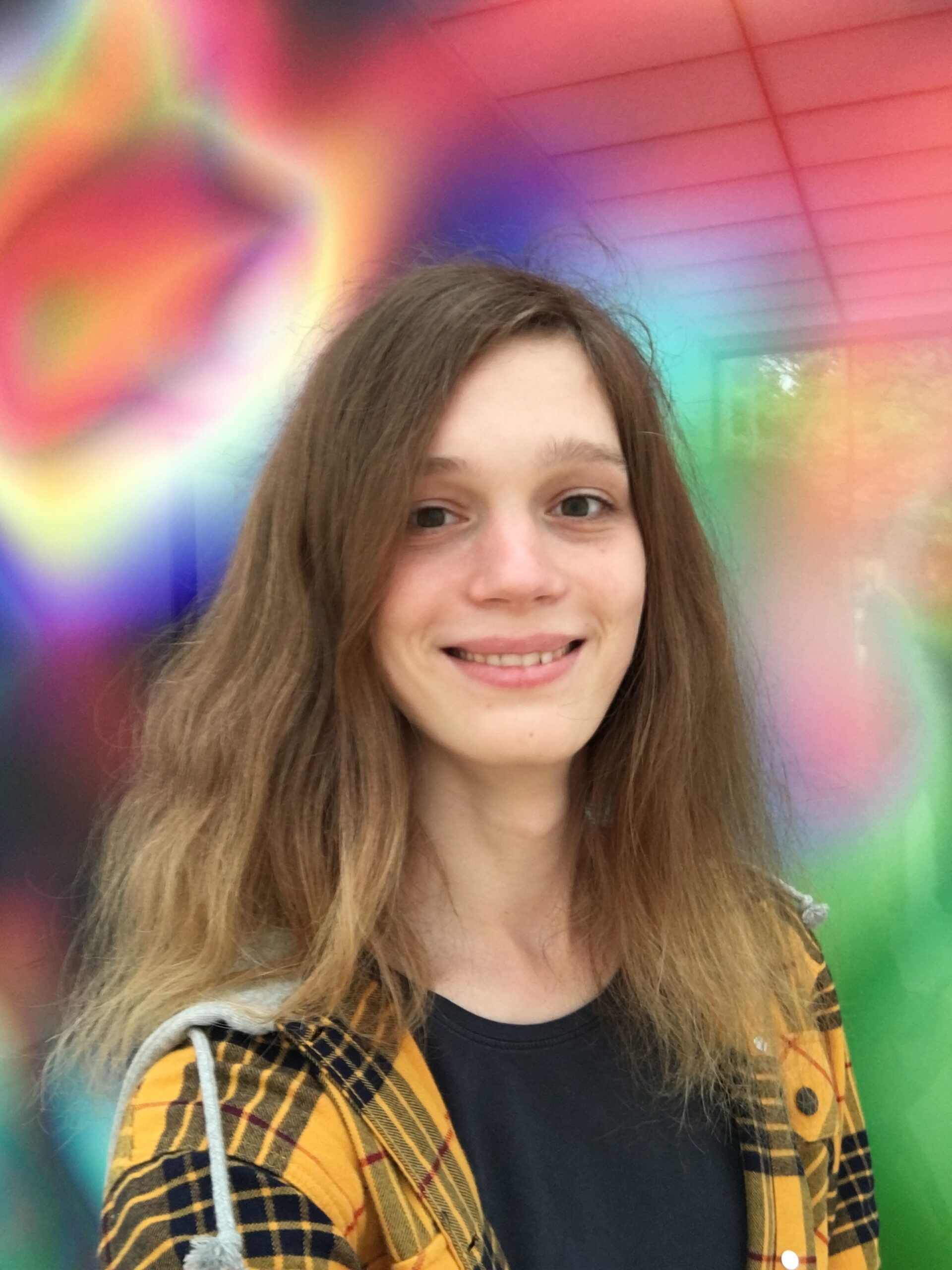

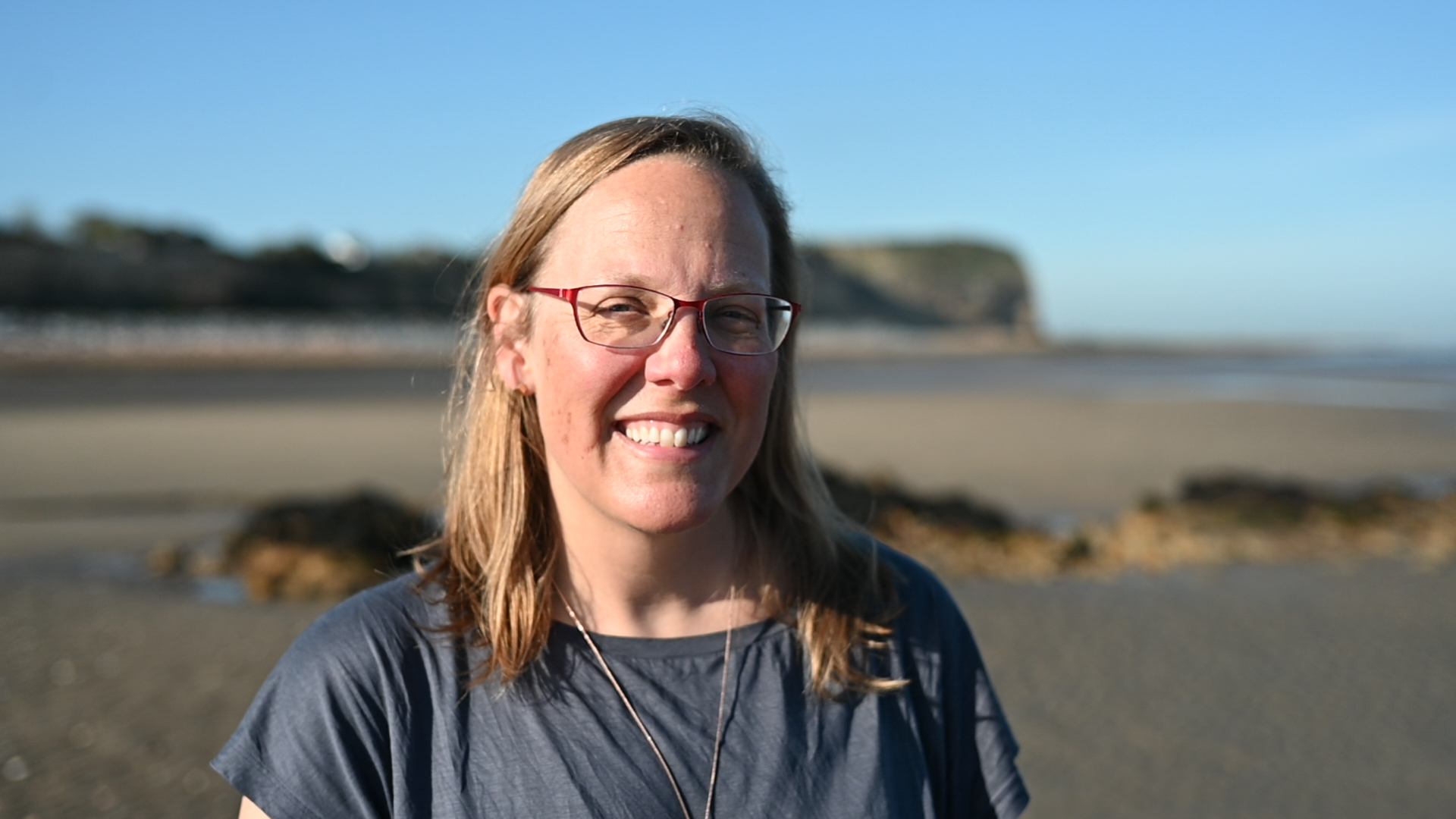
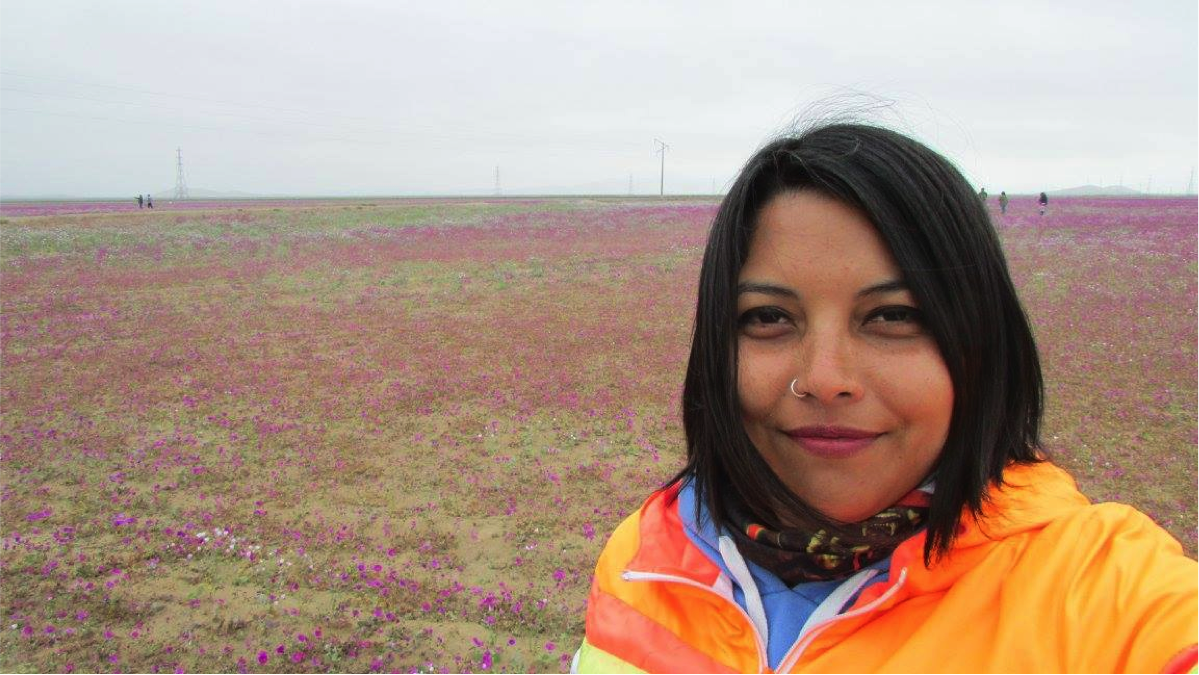

Recent Comments